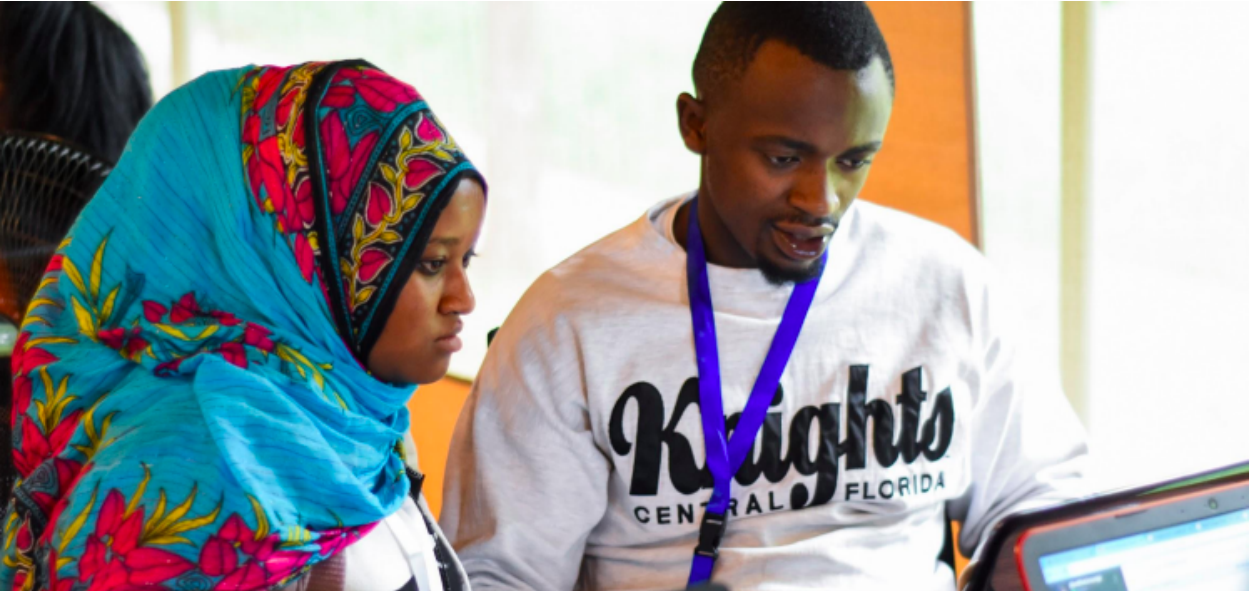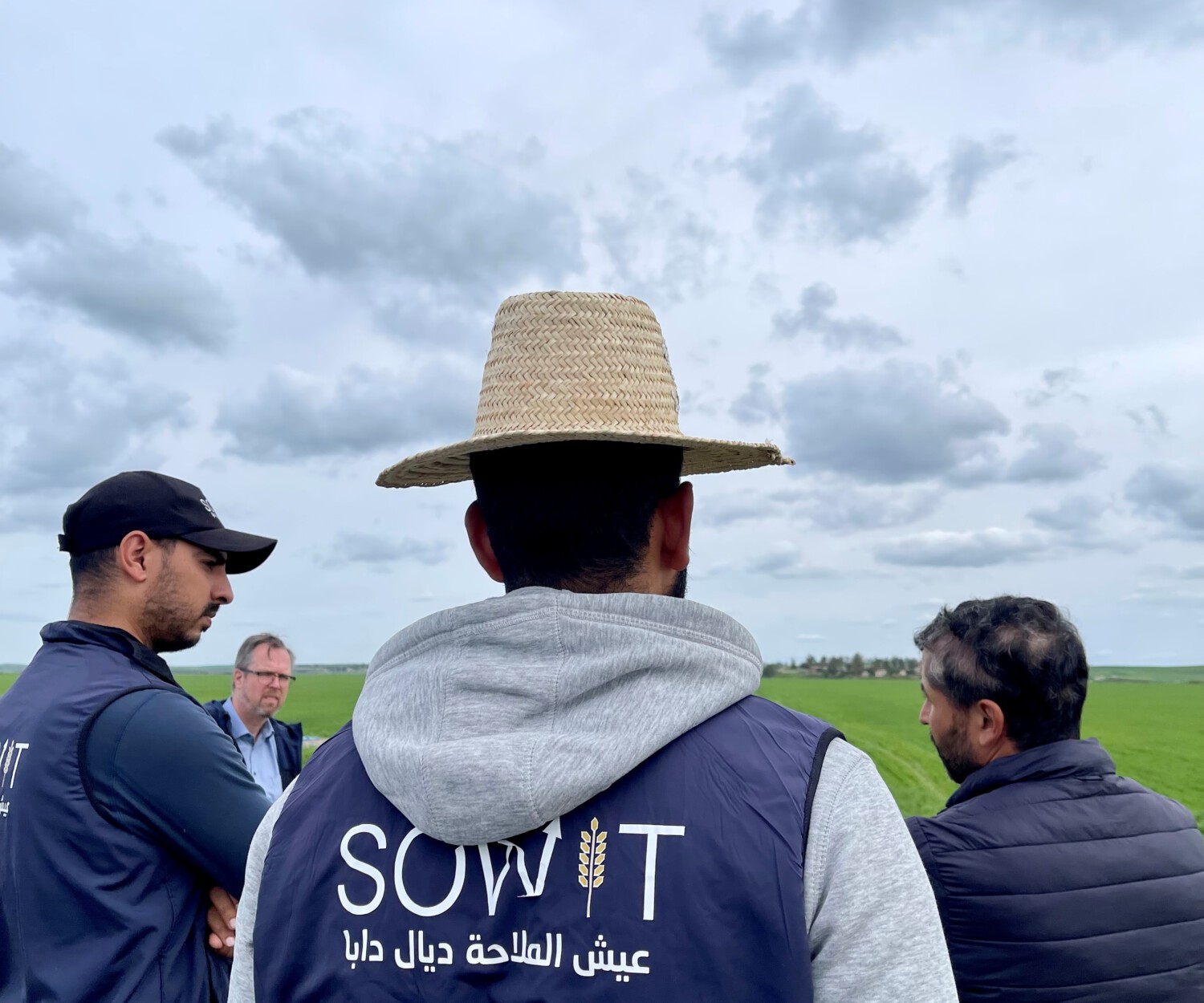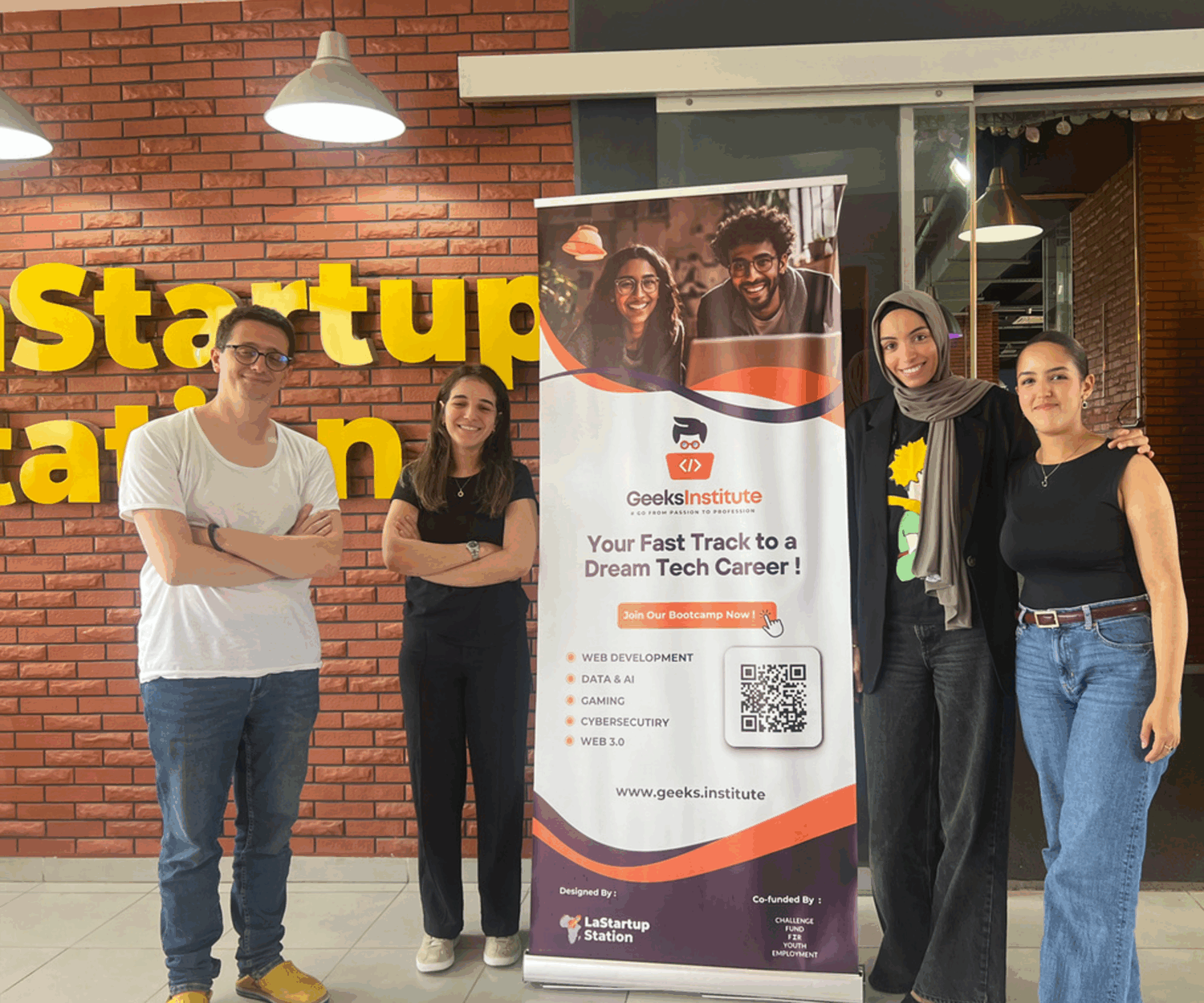Gender-based violence, unequal pay, and limited access to work continue to pose significant challenges for women worldwide, particularly young women. These obstacles not only impede women from realising their aspirations but also prevent them from making meaningful contributions to society. Therefore, this year’s International Women’s Day theme, “Embrace Equity,” emphasises the need to eliminate bias, stereotypes, and discrimination while celebrating and valuing diversity and differences.
The importance of gender equity
Women’s meaningful participation in the labour market is indispensable for a country’s sustainable development. Yet (young) women’s skills and talents remain a source of untapped potential for many private sector entities. Harnessing this potential can benefit your company and create a competitive advantage. One of our implementing partners in Kenya, Shortlist, proves this through its youth and gender advisory board.
Shortlist’s innovative approach
Shortlist is a talent tech company that provides young people with IT training and connects them with decent job opportunities. When the company launched its initial program, it quickly became apparent that there was a need for greater youth engagement. As Austen Stranahan, Shortlist Chief Operating Officer, explains, “We realised that we wanted to hear feedback from the youth in our program. We wanted to understand what went well for them and what they would change. This led us to establish a formal youth and gender committee.”
Shortlist places gender equity at the core of its business model. It does not merely consult youth on trivial matters but engages them in core organisational activities, such as strengthening gender-inclusive hiring practices. It also acts as a bridge between youth working in the tech industry and those outside of it. By directly collaborating with external youth networks, the board brings critical insights into young women’s perceptions of tech jobs, their needs and aspirations.
The business case for engaging young women
Gender equality in the workforce is not just a matter of fairness but also increases creativity and improves business performance, as numerous studies have shown. Organisations that attract a variety of perspectives and skill sets improve their team dynamics. Shortlist is a real-life example of this.
Taking gender-sensitive initiatives, such as adjusting the language of job posts or providing flexible working hours, has seen positive outcomes for Shortlist in attracting and retaining female talent. According to Austen, any (tech) organisation concerned with its business’s sustainable growth cannot treat women’s inclusion as a mere nice-to-have. Gender parity efforts must be intentional, and organisations must strive to create an environment welcoming and supportive of women.
By incorporating young women’s feedback into every level of its program design, Shortlist proves that an organisation can set itself up for success when the intervention’s target audience moves from mere beneficiaries to active program co-creators.
Youth at Shortlist
How can you set up a youth and gender committee with few resources?
Promoting gender equity and diversity may seem daunting for companies, especially small and medium-sized enterprises, due to the assumption that it requires large budgets and resources. The good news is that companies can take small steps towards gender equity without overburdening their resources.
Start small
Setting up a formalised gender committee will take time. But every small step you take can become a stepping stone to strengthening gender equity in your company. For example, you could ask for insights from your employees or their networks on what makes a job, organisation, or sector attractive for young women.
Choose youth who are already engaged
Young people who are already active in youth organisations have the right exposure and tools to reach and attract more youth. Engaging them can help you create a strong network of youth and gender champions.
Don’t underestimate young women’s abilities
Attracting young women is essential for organisational success, but how you engage them is equally important. Simply giving them tokenistic opportunities is not enough; organisations should invite young women to participate in discussions on core activities to fully benefit from their potential.
To attract and retain young women, companies must intentionally create opportunities for them. Shortlist’s youth and gender board is a shining example of how organisations can promote women’s participation and create a more equitable workplace. We are thrilled to see Shortlist’s impact on young women In Kenya and hope their example will inspire more organisations to invest in promoting women’s participation.
Diversity, equity, and inclusion are firmly embedded into our way of working because it’s a win-win situation: good for business and good for society
– Austen Stranahan, Chief Operating Officer at Shortlist
More studies
Interested in more?
Vacancy
Consultancy – Technical Assistant Expert
 Sade Aalto-Setala
Sade Aalto-Setala
 December 3, 2025
December 3, 2025


